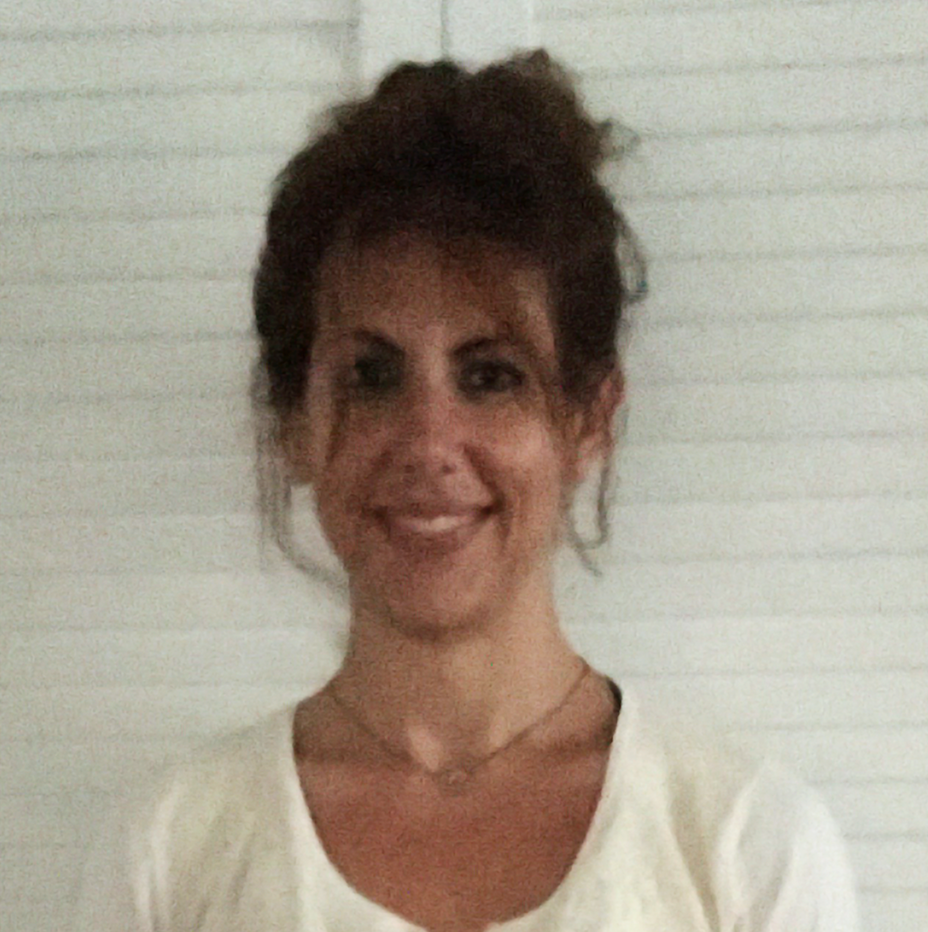Weight Bias in Design: Unpacking Implicit Researcher Beliefs for Building Empathy
Abstract
References
Index Terms
- Weight Bias in Design: Unpacking Implicit Researcher Beliefs for Building Empathy
Recommendations
The EmpathiCH Workshop: Unraveling Empathy-Centric Design
CHI EA '23: Extended Abstracts of the 2023 CHI Conference on Human Factors in Computing SystemsEmpathiCH aims to bring together and blend a diverse set of expertise to develop a new research agenda in the context of “Empathy-Centric Design”. Building on the discussions that emerged in the previous edition, the main research objective is to form a ...
EmpathiCH: Scrutinizing Empathy-Centric Design Beyond the Individual
CHI EA '24: Extended Abstracts of the 2024 CHI Conference on Human Factors in Computing SystemsThe EmpathiCH Workshop aims to blend a diverse set of expertise to expand upon the nascent field of Empathy-Centric Design. Building on the discussions in previous editions of the workshop, this iteration invites contributions which scrutinize the use of ...
Understanding Digitally-Mediated Empathy: An Exploration of Visual, Narrative, and Biosensory Informational Cues
CHI '19: Proceedings of the 2019 CHI Conference on Human Factors in Computing SystemsDigitally sharing our experiences engages a process of empathy shaped by available informational cues. Biosensory data is one informative cue, but the relationship to empathy is underexplored. In this study, we investigate this process by showing a ...
Comments
Information & Contributors
Information
Published In

Publisher
Association for Computing Machinery
New York, NY, United States
Publication History
Check for updates
Author Tags
Qualifiers
- Research-article
- Research
- Refereed limited
Conference
Contributors
Other Metrics
Bibliometrics & Citations
Bibliometrics
Article Metrics
- 0Total Citations
- 12Total Downloads
- Downloads (Last 12 months)12
- Downloads (Last 6 weeks)12
Other Metrics
Citations
View Options
Get Access
Login options
Check if you have access through your login credentials or your institution to get full access on this article.
Sign inFull Access
View options
View or Download as a PDF file.
PDFeReader
View online with eReader.
eReaderHTML Format
View this article in HTML Format.
HTML Format
